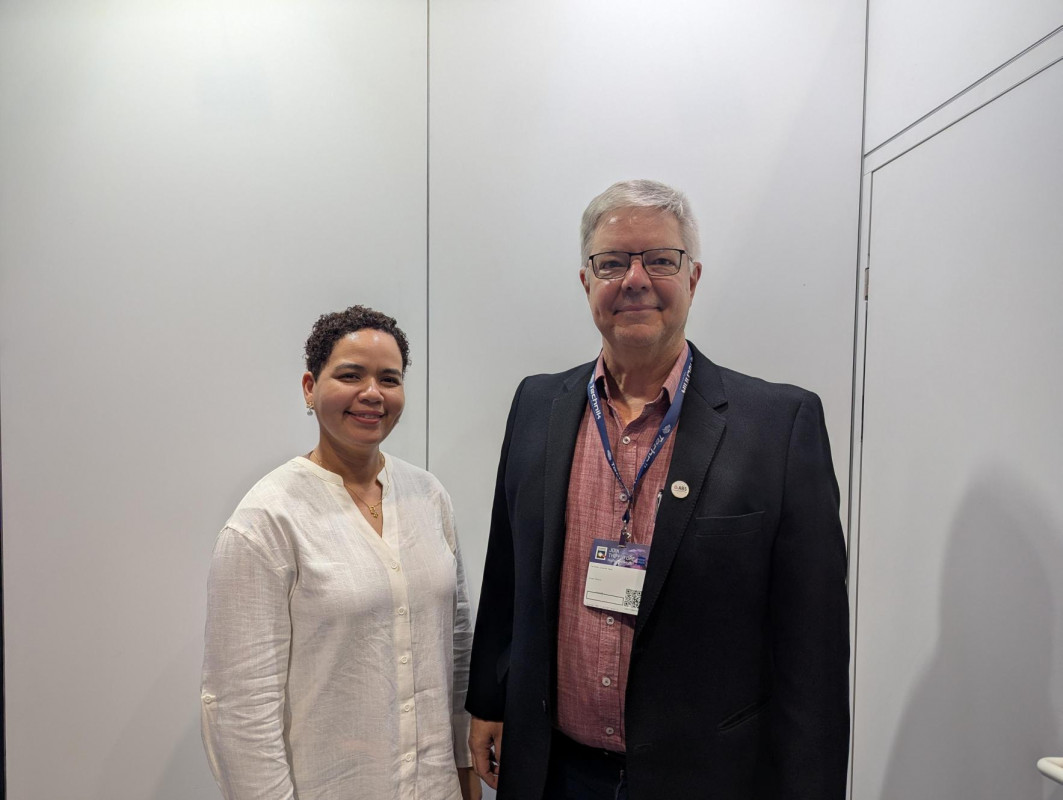Welding in Brazil: Challenges and Global Links

Brazil’s welding sector sits at a crossroads—essential for industry, yet facing persistent challenges. With one of the world’s largest economies relying on welding to drive construction, energy, and manufacturing, the profession remains a key pillar. Still, low automation and limited specialized education hold the sector back, according to the Brazilian Welding Association (ABS).
ABS leaders point out that Brazil lags far behind international standards in automation, with too many processes still done manually. Universities often emphasize general mechanical engineering while welding-specific training remains scarce. This shortage of skilled professionals makes it harder for companies to raise productivity.

International collaboration is one path forward. Brazil already relies on partnerships with Europe and beyond, where small, innovative companies bring in much-needed expertise. Such links not only expand technical capacity but also strengthen competitiveness. Yet, economic realities remain tough. With many firms focused on short-term survival, investments in long-term welding technologies and training are often postponed.
Still, ABS representatives remain optimistic. They highlight that Brazil’s welding community, though small, is committed and eager to grow. The message to the international welding industry is clear: Brazil is open to knowledge exchange and collaboration. Step by step, these partnerships could help build a more productive and sustainable future for welding in the region.
Source:



Discussion